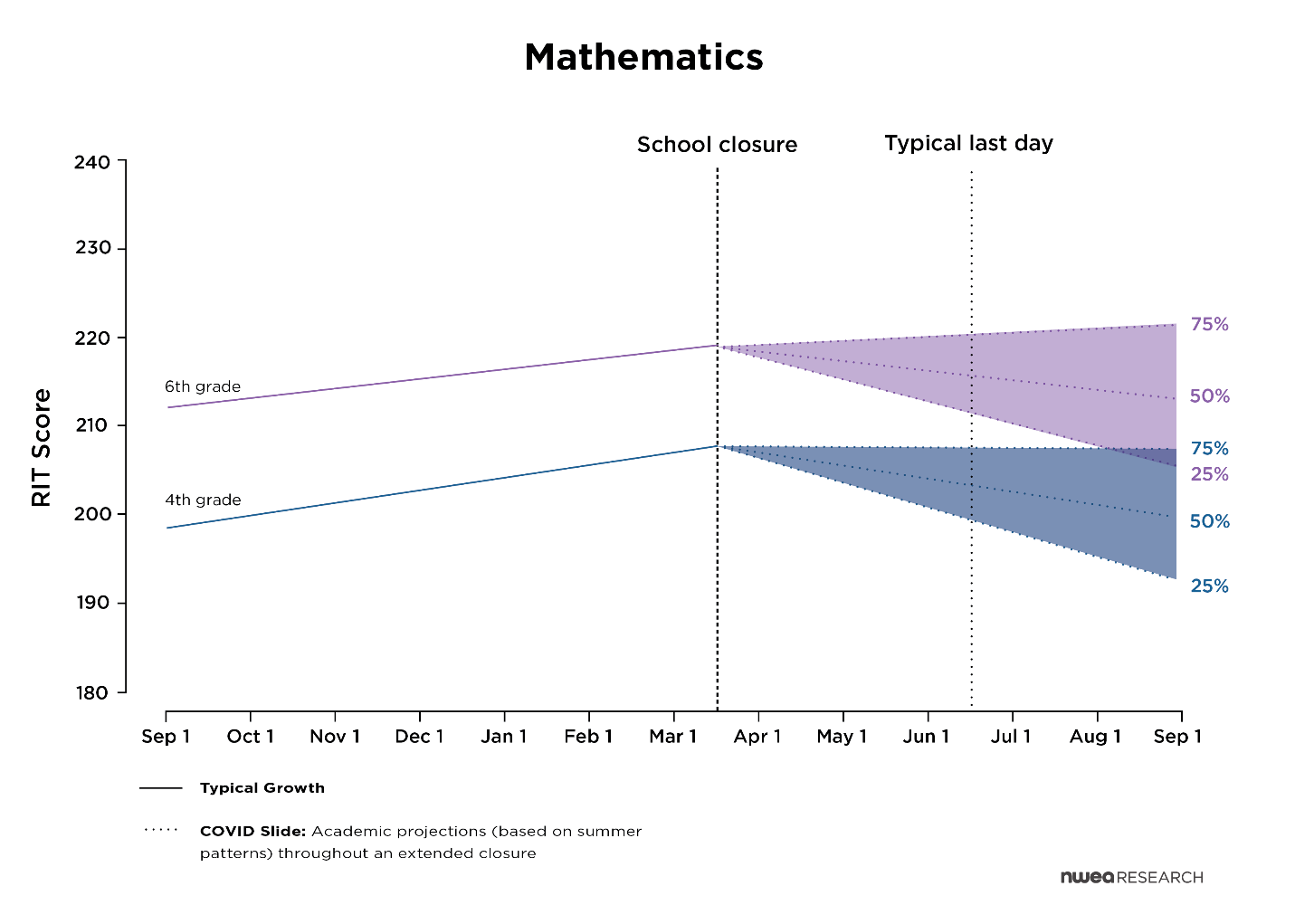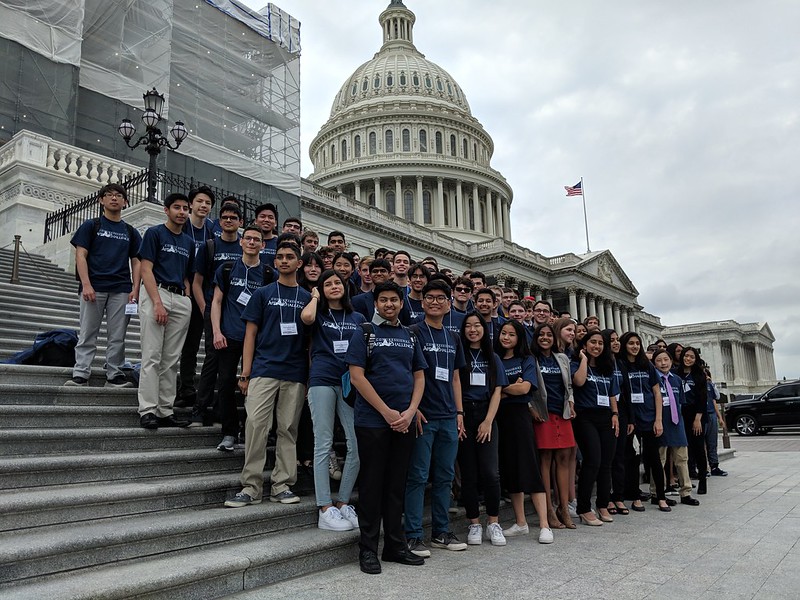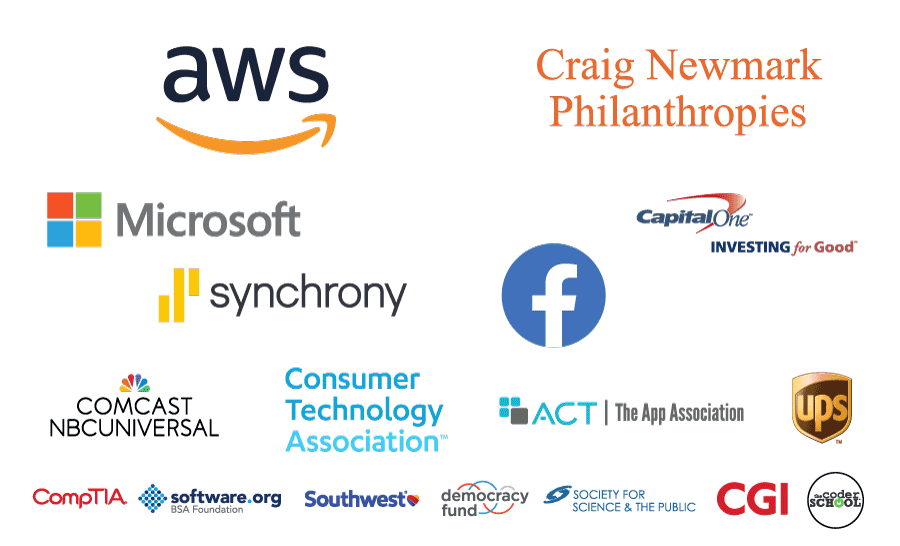STEM Education During COVID-19
As students, parents, and educators across the nation plan for an uncertain school year due to the ongoing public health crisis posed by COVID-19, Congress is working to provide every student with an opportunity to pursue a passion for STEM fields. The 2020 Congressional App Challenge, designed for virtual competition, provides students coders of every skill level with a chance to be honored by Congress for their original applications.
The 2020-21 school year faces considerable uncertainty due to COVID-19. According to Education Week, all but two states had either mandated or recommended all schools close until the end of the 2019-20 academic year,[1] and plans are not yet in place in many states for the fall semester. Schools are attempting to establish safe procedures for in-person learning, but it’s unclear at this point whether or not that will be sustainable. While many schools are currently optimistic about opening, the current acceleration of the virus may force districts to reconsider their fall semester plans. Given this uncertainty, it is essential that we help students continue to build on their educational foundations.
Returning normalcy to K-12 education is a major priority for educators and legislators alike. During a typical summer break, students lose knowledge, with the largest losses occurring in math and science.[2] Despite great efforts from teachers, parents, and students, the current rate of K-12 learning is suffering during the pandemic, and disproportionately affecting STEM fields. We need to recognize this STEM education crisis and support students and educators as best we can.
Unfortunately, this crisis is likely to exacerbate the inequalities between student populations. In the best-case scenario, distance learning will support students about the same as in-person education. But many schools are struggling to provide that kind of teaching, and many parents are struggling to support their children with that intensity of home learning. In the worst-case scenario, education has basically stopped and will not continue until in-person education resumes, with knowledge gradually fading away. According to Psychology Today, children in these worst-case scenarios may end up with a knowledge gap equivalent to a full school year behind students who are continuing to learn as before.[2]
Research compiled by Brookings indicates widening differences in math skills due to the pandemic.[4]
For many parents, making sure their children are successfully learning from home is simply not possible as they continue working from home or outside of it as essential workers. Many students don’t have access to devices they can use for distance learning or are trying to coordinate the use of one computer with their siblings and their parents. Many students live in rural areas where they may not even have broadband access from their homes. Part of the Congressional App Challenge mission is to include students who are traditionally underrepresented in the tech community, so this issue is very close to our heart. We want to continue talking with educators and parents about how to best support them and students in this time, and make sure underrepresented communities aren’t left behind in this year’s challenge. Our resources page is full of free training for students of every experience level who are learning how to code from home. While we cannot provide internet access to those who lack access to it, we are working hard to ensure that students can compete even with the most limited connection and hardware.
By participating in the Congressional App Challenge, students can combat some of the learning loss they’re currently experiencing. By using free online resources, coding for the App Challenge can be a great remote project for students to focus on. Many of our students have been inspired by the challenges they see in their community and in the world, and many will aim to create solutions to local and global problems. We’ve seen great success from apps coded as part of a school curriculum, so participating in the App Challenge can be a good option for teachers to continue to teach computer science in-person or remotely. We’re currently coordinating interviews with teachers who incorporated the App Challenge into their classroom last year, and we’re hoping to provide more advice and resources for doing so. For students without consistent access to a computer, there are great options to learn how to code on a smartphone, like the KhanAcademy app. Our team is currently researching ways students without access to a computer can still design an app and participate in the challenge. Over a third of last year’s App Challengers identified as beginner coders, so not having prior experience should not be a dissentive to participating or designing a curriculum that incorporates coding for the App Challenge.
CAC winners at House of Code 2019. The 2020 event was cancelled due to the pandemic.
While COVID-19 is presenting many challenges to student education, especially in the STEM field, and to already underprivileged communities, the Congressional App Challenge Team is committed to standing with our community, and offering any resources we can to minimize the damage this pandemic is causing to student learning. Please look at our resources, and partners pages, and look forward to more content from teachers and partner organizations in the coming weeks.
Sources:
- Map: Coronavirus and School Closures. Education Week. Retrieved 2020-07-13.
- COVID-19 and Children’s Education. Psychology Today. Retrieved 2020-07-13.
- COVID-19’s Long-Term Impacts on Education in 2020 and Beyond. EdSurge. Retrieved 2020-07-13.
- The impact of COVID-19 on student achievement and what it may mean for educators. Brookings. Retrieved 2020-07-13.



